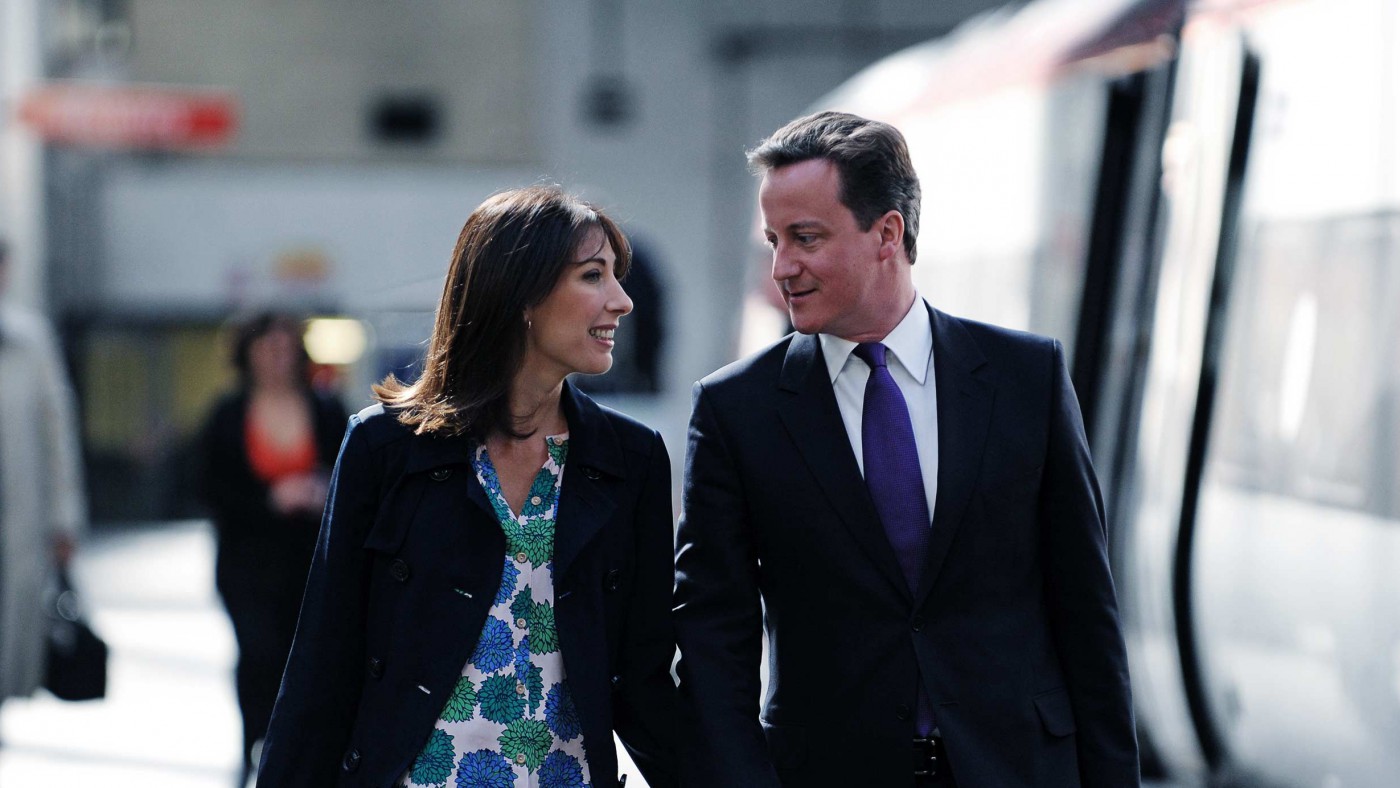When is price fixing mad Marxist meddling in the market, and when is it justified as sound common sense? The answer, for Britain’s Conservative party, seems to be that it is the former when Labour leader Ed Miliband is announcing that he wants to freeze energy prices. But it is apparently perfectly sensible when the Conservative party, desperate to win an election, offers a real term freeze in rail fares for many commuters.
The Tories have announced that they will extend a freeze currently in place, claiming that by 2020 it will save the average commuter £400.
Yes, of course, there is a UK general election on, and even Margaret Thatcher and Ronald Reagan were pragmatists who realised that in the vote-garnering business principles occasionally have to be compromised, especially when core voters need to be reached.
But there is still something dispiriting about this latest Tory offer. Is it any surprise that the market is in such bad odour when voters hardly ever hear it defended and centre-right politicians who attack the Left for price fixing one minute, engage in price fixing when it suits them?
In modern Britain, the political climate is worryingly anti-market, with the response to the financial crisis – involving large scale nationalisation and government micro-management – only having exacerbated the situation.
As Tim Montgomerie noted in The Times this week: “Shortly after Margaret Thatcher died, exactly two years ago, YouGov tested public opinion on some of her great reforms. Voters rejected the extent of her privatisation agenda. By 61 to 28 per cent they thought that energy and water companies should be run by the public sector.”
Her right-to-buy for council house tenants was opposed by 49 to 42 per cent and by 59 to 29 per cent voters felt that social problems should be tackled primarily by the government, rather than individuals, families and voluntary organisations.
Those figures represent a big, and often overlooked, victory for Gordon Brown, who was always very clear (with his subordinates such as Ed Miliband and Douglas Alexander) that his aim was to shift assumptions leftwards in a collectivist direction. In that sense, his was a very successful career. In leaving Britain so badly exposed to the end of the end of boom’n’bust, with a bloated banking sector at 450% of UK GDP, he was somewhat less successful.
The Tory response to the shift of recent decades has too often involved ceding territory. Rather than finding modern way of explaining the benefits (for consumers and taxpayers) of competition and the unintended consequences of excessive meddling, the Tory leadership often accepts the Left’s terms.
In this way, even private sector successes are made to sound like the work of the government. The Prime Minister says incessantly that the government he leads has created two million jobs, when it has done no such thing. Businesses and individuals have created jobs. While the coalition may have helped create the conditions – with reductions in corporation tax and the maintenance of labour market flexibility which boosts employment – that is not the same as the government creating jobs. Saying otherwise and venerating government’s supposedly magical job-creating powers only reinforces the dangerous idea that the answer is more government.
Now, the Tories want to make a big play of fixing rail fares and government interference. The result is that the trade unions and the Green party have already attacked the Tories for not going far enough, and Labour says (oh the irony) that the Prime Minister’s plan on rail fares is un-costed.
This is what happens when conservatives play by left-wing rules. They get beaten by those who unashamedly love big government.


